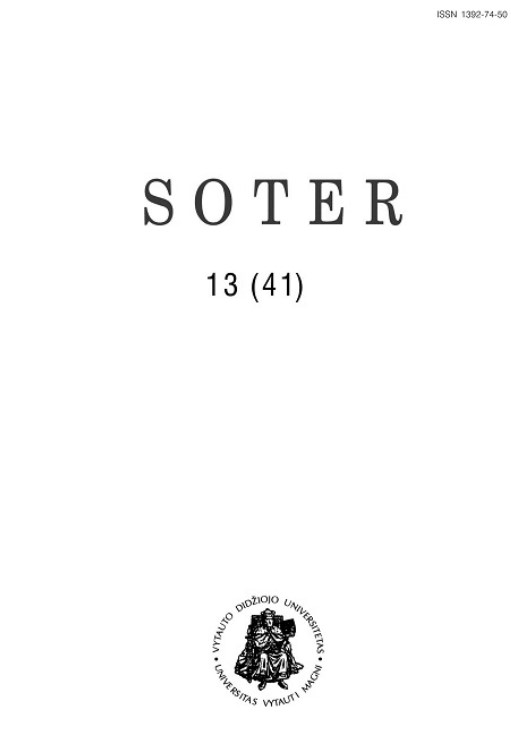IL CONCETTO TEOLOGICO DI SANTITA
THE THEOLOGICAL CONCEPT OF SANTITA
Author(s): Henryk MisztalSubject(s): Christian Theology and Religion, Philosophy of Religion, History of Religion
Published by: Vytauto Didžiojo Universitetas
Keywords: perfection; holiness; modern theology;
Summary/Abstract: In the article is shown the relationship of the two concepts of “perfection” and the concept of “holiness”, which is perfection enlivened by sanctifying grace. Both meanings are very old concepts but always founded on religion. “Holiness”, a concept already existing in ancient Rome, in the Old and New Testaments, in the Church it is understood as a witness given to Christ either through offering up one life for Him (martyrs) or through the practice of heroic virtues (confessors). In history, this concept has undergone a great evolution in its forms and in the means of its achievement. The modern concept of holiness found in the Second Vatican Council shows its universal character (the ordinary call of all to holiness), the ecclesiastical and eschatological dimension. Holiness also has an ecumenical and a communal dimension (communion of saints). Although Holiness is one, the roads to it nonetheless are diverse.
Journal: SOTER: religijos mokslo žurnalas
- Issue Year: 41/2004
- Issue No: 13
- Page Range: 29-45
- Page Count: 17
- Language: Italian

